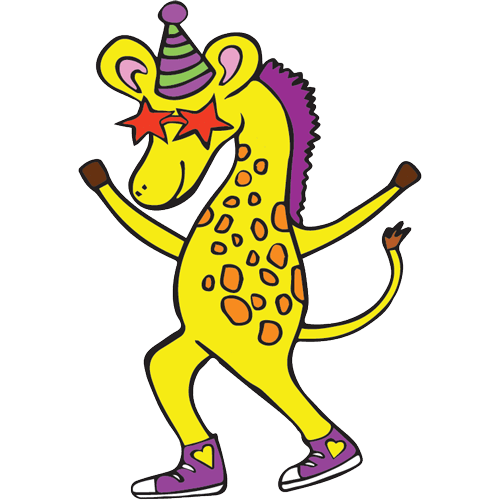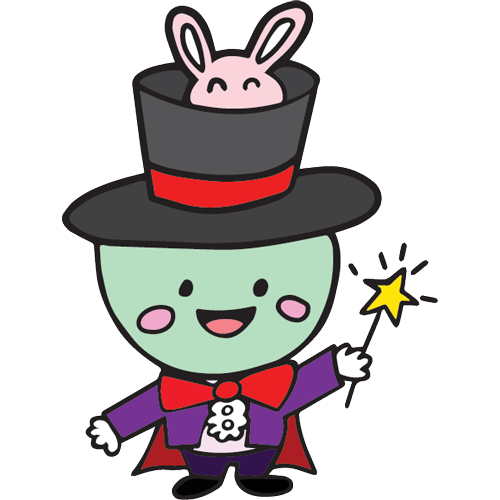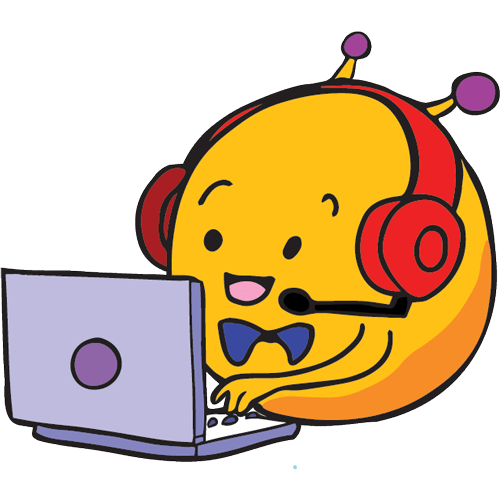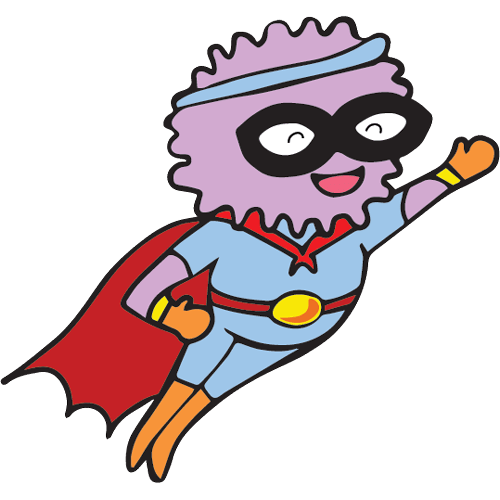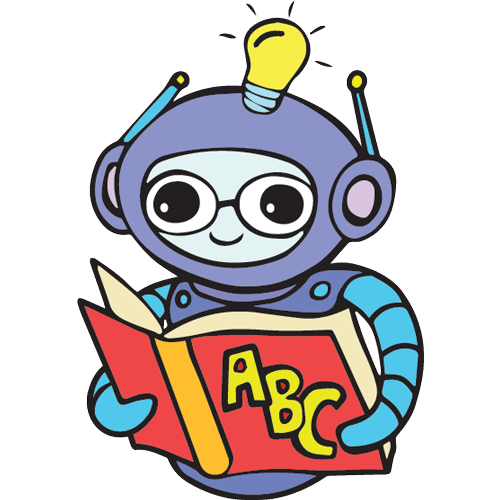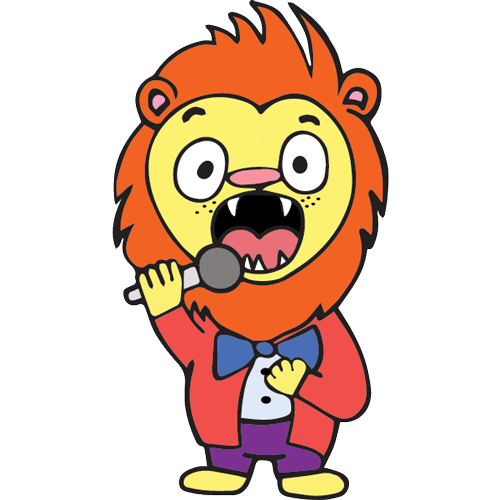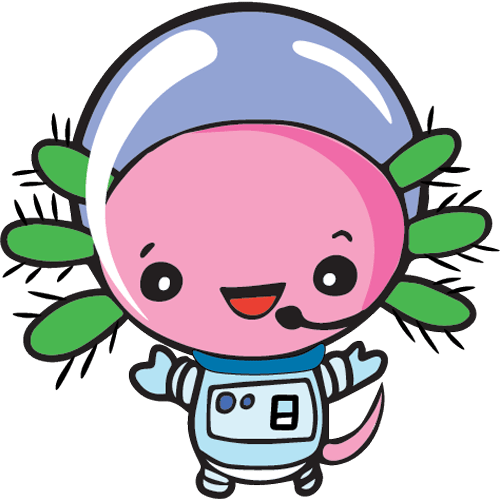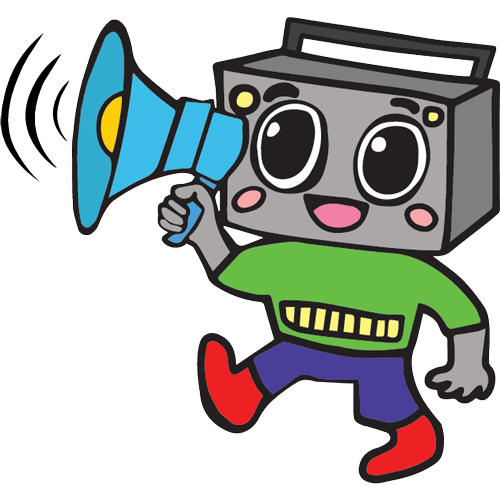Reading and Writing Program in New York
Children needing support with reading and writing skills.
A comprehensive evaluation of language, phonological awareness skills, reading (decoding and comprehension), and writing (encoding and written language expression).
Exercises and strategies to improve literacy skills.
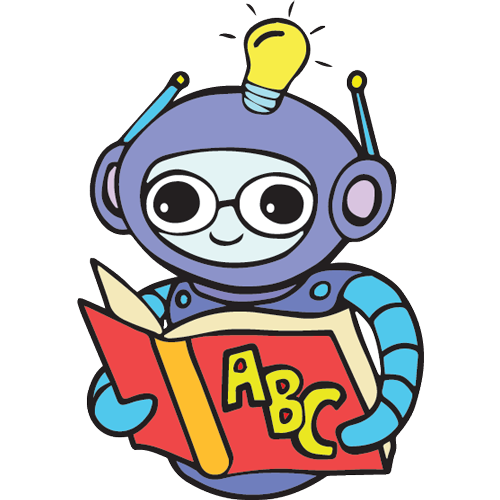
Open Lines®’ Reading and Writing Program
The Read-O-Bots
Children who demonstrate difficulty with age-expected literacy skills may struggle to excel in academic settings or express the full depth and breadth of their knowledge.
Reading and writing refers to a collection of skills that are required to decode words, comprehend written texts, and spell. It also includes the process of organizing and planning language to write sentences, paragraphs, essays, and stories. At times, challenges in these areas may co-occur with verbal language difficulties. In this case, both language and literacy would be targeted in treatment. However, children with normal receptive and expressive language skills may also have difficulty with literacy, which would then be the primary focus of intervention.

Intervention for Child Language and Literacy Difficulties
This program strengthens aspects of language that underpin strong reading and writing skills. It increases your child’s ability to decode and comprehend information to encourage a love for story. It is also aimed at making verbal and written communication easier so children can flourish across academic and social settings.
The Open Lines® team recognizes each child’s developmental needs are unique. Our specially trained speech-language pathologists (SLPs) begin with an in-depth one-on-one evaluation of your child’s receptive and expressive language and phonological awareness with a central focus on those skills considered foundational to literacy proficiency. Results of this evaluation help your clinician understand your child’s unique set of strengths and areas of need. This information is then used to design a personal plan of targeted exercises that will enhance and fortify the skills needed for a wide range of reading and writing activities.
In addition to being fully licensed speech-language pathologists at master’s or doctorate levels, our therapists are licensed by the New York State Education Department (NYSED) as Teachers of Students with Speech and Language Disabilities and registered with New York City Department of Education (NYCDOE).
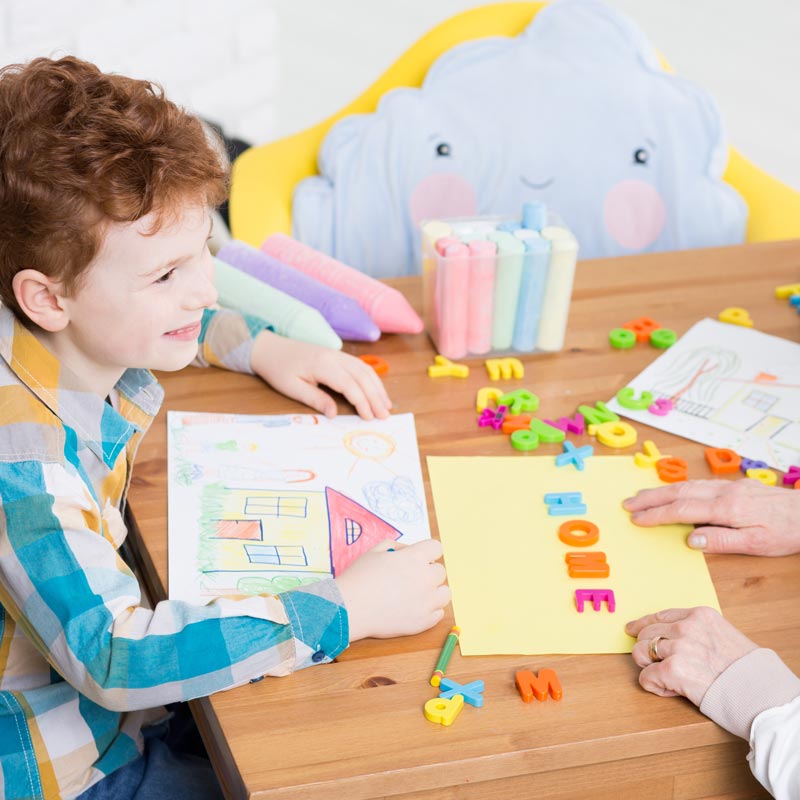
Speech Therapy and Literacy
Treatment for literacy builds on and encourages the reciprocal relationship between written and spoken language. Research indicates strong oral language and expressive language skills — particularly in the areas of phonological awareness, vocabulary, semantic relationships, morphosyntax, and discourse — are essential for improving reading comprehension and written language expression.
Using a multisensory approach, we integrate methods using the highest standards of evidence-based treatment to target phonological awareness, decoding, reading comprehension, encoding, and written expression — skills necessary for academic success. Our team of clinicians offers expertise a cut above average, with members specially trained in various language and literacy-specific approaches to provide you with the most up-to-date best-clinical practices.

How to Help a Child With Dyslexia
Team members offer structured, multisensory, and sequential instruction to develop strong literacy skills. These types of approaches have been especially successful for those children with dyslexia, a learning disorder which affects a child’s ability to read, spell, write, and speak.
Members of our clinical team are also trained in the Lindamood-Bell methods, which address sensory-processing aspects of literacy. Certain aspects of these methods help children further develop mental imagery-language connections that support effective comprehension, spelling, and verbal and written communication. Whether your child is at the “learning to read” or “reading to learn” stage of academics, our experts help your child become a successful, confident reader and writer.
Our program is designed to bring your child up to an age-appropriate reading and writing level. From reading simple picture books to complex chapter books, your child will learn to love the story! Children learn strategies to organize their thoughts and write confidently and more quickly for a variety of purposes. Our experts recognize and build upon your child’s strengths to make progress as partners on this journey together.
From reading simple picture books to complex chapter books, your child will learn to love reading! He or she will also learn strategies to organize his or her thoughts and write confidently and more quickly for a variety of purposes. Our experts recognize your child’s strengths and areas of need to help him or her progress as partners on this journey together.
Treating Pediatric Literacy Delays at Open Lines®
Contact Open Lines® today by phone at 212-430-6800, by email at [email protected], or through our contact form. If you are ready to take the next steps in receiving help to improve your child’s literacy skills, request an appointment to discuss your goals and review our service options.
Get in Touch With Open Lines®




